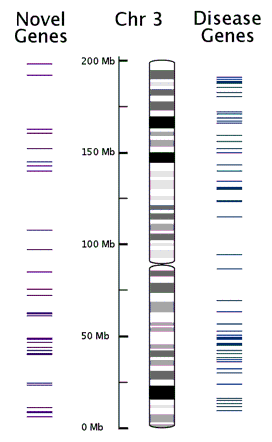
if the text preceding the cursor doesn't look like an object member access, etc, then run whatever is set by g:SuperTabContextDefaultCompletionType.then run user/omni completion (which ever you've configured supertab to use in this case) if the text preceding the cursor looks like you are attempting to complete an object member, etc.grep -f patternfile filetomatch In our example, we’ve created pattern file names pattern.txt with the below contents: cat pattern.txt This It. The file should contain one pattern per line.
SUPERTAB KEYWORD COMPLETION PATTERN NOT FOUND CODE
If youre looking to autocomplete code, you should use a code editor, not a. Instead of writing it down every time, you can specify a list of patterns in a file and use with -f flag.
That setting is unrelated to completion chaining. Ive seen a couple of other plugins, but they are dead since at least more. Once supertab has sent those keys, it's entirely up to the completion implementation (user, omni, keyword, etc) to decide what those completions are.Īlso, if I might have a humble suggestion, it's not entirely clear to me why g:SuperTabContextDefaultCompletionType exists when it has no effect without chaining and you actually have to provide second function in a chain anyway - maybe it could be explained slightly clearer in the doc? All these various supertab configuration settings and hooks are just there to tune supertab's decisions on what the proper key sequence to send to vim is. All that supertab really does is attempt to send the proper key sequence to vim. But as I moved to writing more code in python and C I found it impossible. You should be able to reproduce the same result using a.d and then a.d. Im not a VIM user, but that is the best name for a code completion engine. It would be great if you could share your thoughts on this - is it a behavior specific to supertab? it just recognizes by the filetype as it should.

The syntax highlighting works by default without even using: :syntax on/:syntax enable. The only completion chaining that can be supported with vim's current completion mechanism is having either user or omni completion tried, then some other completion. file completion -> omnicompletion -> keyword completion. AKA (Ctrl+X, Ctrl+O), it always says: Omni Completion (ONP) Pattern not found. The only issue is that now it does not perform file completion.

Going back to my example (and this is last question, I promise) when I hit tab after typing a.d I get - User defined completion (^U^N^P) match 1 of 2 and some random completion from C++ ctags, def() not among them, but when I type a.de and hit tab I get - Keyword Local completion (^N^P) Back at original which actually gives a.def. No matter what, when I use the 'omni completion' option. I'd swear that I've tried it to no avail.


 0 kommentar(er)
0 kommentar(er)
